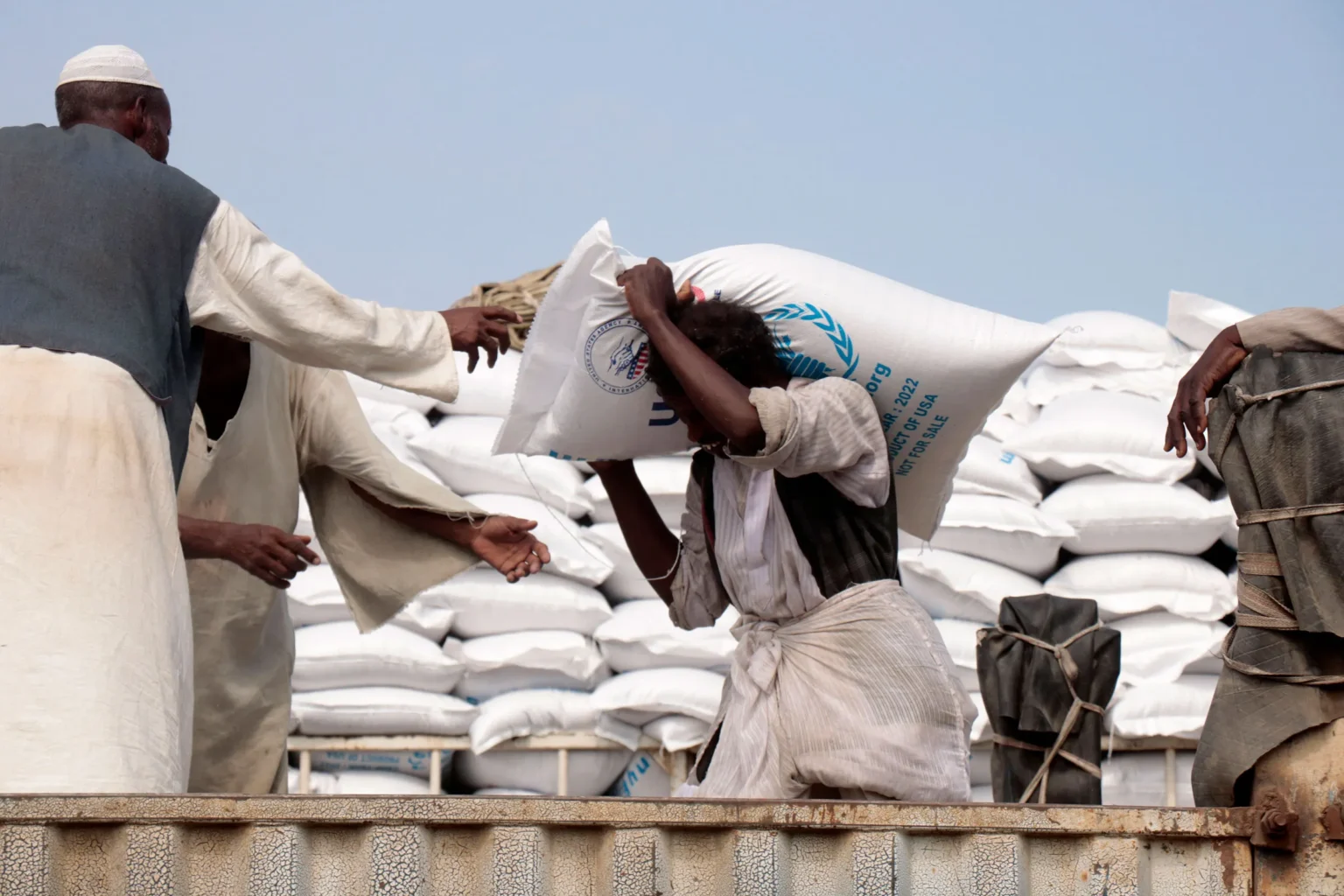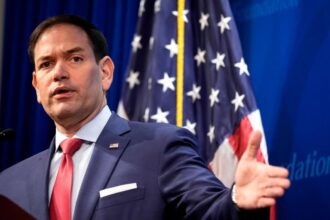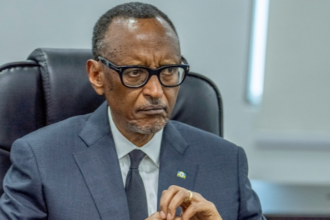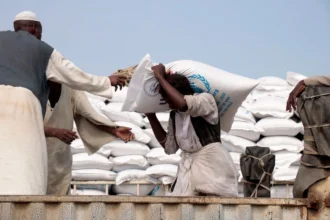President Donald Trump’s recent executive order suspending U.S. foreign aid for 90 days to evaluate its alignment with American policy goals has raised alarms about the potential repercussions for African nations that heavily rely on U.S. assistance. The order, signed on his first day back in office, argues that foreign aid programs often undermine U.S. interests, destabilize global peace, and promote conflicting ideologies.
Humanitarian Crises at Risk
In 2024, the U.S. provided approximately $6
R112.23.6 billion in humanitarian assistance to sub-Saharan Africa. This support has been vital for addressing famine, displacement, and poverty in countries like South Sudan, Somalia, Nigeria, and the Democratic Republic of Congo (DRC). The potential loss of U.S. aid could severely impact:
- South Sudan: Over 9.3 million people depend on humanitarian aid amid ongoing violence, flooding, and economic instability.
- Somalia: With 8.3 million people in need, Somalia battles acute food insecurity caused by conflict and climate shocks.
- Nigeria: Conflict and natural disasters have left 25 million Nigerians facing food insecurity, with limited healthcare and displacement exacerbating challenges.
- DR Congo: Persistent conflict and human rights violations have displaced 7 million people internally, while over 1 million refugees have sought asylum in neighboring countries.
Implications for Essential Services
The suspension could jeopardize key programs supporting health, food security, and development:
- Health Programs: U.S. aid has significantly funded health initiatives in Africa, with approximately $5
R93.52.6 billion dedicated annually to combatting diseases like HIV/AIDS and supporting vaccine programs. The cessation of programs such as PEPFAR could reverse years of progress in addressing Africa’s healthcare crises. - Food Security: Nearly 282 million Africans faced undernourishment in 2022, with over 342 million experiencing severe food insecurity. Without U.S. funding, food assistance programs may falter, exacerbating hunger and migration.
Security and Stability Concerns
U.S. aid also strengthens Africa’s security through counterterrorism and peacekeeping initiatives. Programs like the African Coastal and Border Security initiative and partnerships in the Horn of Africa and Sahel region have bolstered stability. For instance:
- Nigeria received $8
R149.64 million in counterterrorism support through U.S. training and equipment programs between 2019 and 2023. - U.S. funding has enhanced maritime security and supported regional peacekeeping operations critical to combating extremist groups like Boko Haram and Al-Shabaab.
The suspension threatens these partnerships, potentially increasing vulnerability to terrorism and destabilizing already fragile regions.
Turning to Alternative Partners
Analysts predict that African nations might turn to other global powers, such as China, for assistance if U.S. aid ceases. However, China’s focus has traditionally been on economic investment rather than humanitarian or health support. Without U.S. aid, African nations may struggle to find partners capable of addressing urgent challenges, forcing reliance on regional organizations, multilateral institutions, and NGOs.
What’s Next for Africa?
The 90-day review period offers a glimmer of hope, as Congress has already allocated funding for certain programs. However, if deep cuts are approved, the long-term implications could plunge African nations into deeper crises, with heightened instability, increased migration, and growing support for extremist groups.
The suspension underscores the fragility of Africa’s reliance on foreign aid and highlights the urgent need for diversified support to mitigate the fallout.












